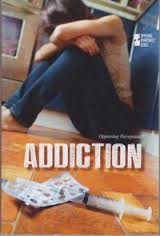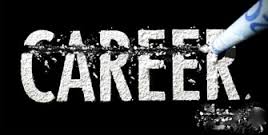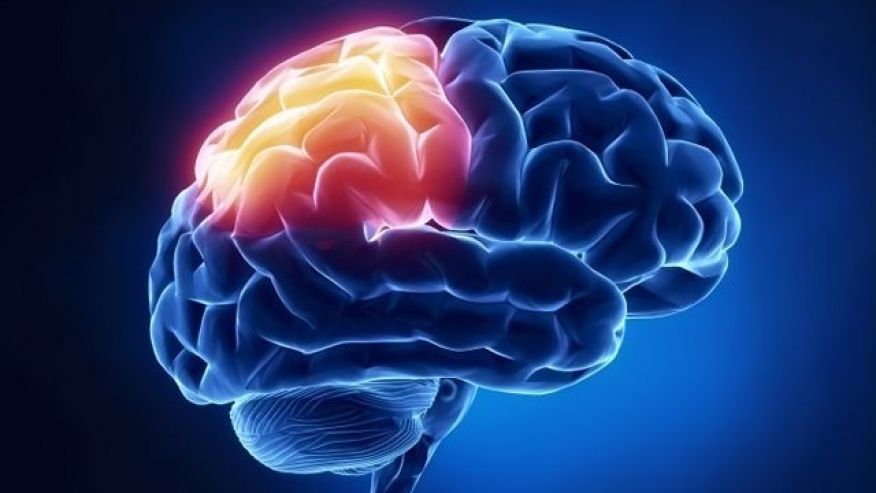Chronic Pain challenges and opioids abuse

Chronic Pain challenges and opioids abuse if not addressed can only lead to more harm to the body
Chronic Pain challenges and opioids abuse: What is chronic pain?
Just as the media is consistently giving space and headlines about opioids and misuse of the drugs, physicians and other medical experts who treat patients with chronic pain are also wrestling with how to deal with opioid dependence. Not long ago, experts at American Psychiatric Association had established that treating patients in pain and are also abusing opioids involves a delicate balance between controlling pain relief and risk of drug abuse. Among chronic pain challenges and opioid abuse is that we are not able to have conclusive estimates of how common it is for chronic pain patients to develop complications with opioid use says doctor Dalal Akoury MD, president and founder of AWAREmed Health and Wellness Resource Center for addiction solutions. Many people with chronic pain do not go on to develop an opioid addiction, but that does not give you the leeway to start abusing opioids. Remember in the first place these are legitimate drugs it is only that when used wrongly, they become bad like any other misused drug.
Chronic Pain challenges and opioids abuse: Potential risk factors
Rates for co-existing chronic pain and opioid addiction vary depending on where you look, Dr. Akoury says. For patients in a pain clinic, addiction rates are relatively low, but in a methadone or buprenorphine population, between 34 to 40 percent will have a chronic pain complaint, she says. Under normal circumstances, physicians who are offering treatment to patients with chronic pain challenges will often look for potential risk factors for substance abuse, such as a personal or family history of other types of substance abuse or psychiatric disorders. In the event that a person has one of these risk factors, they shouldn’t automatically be denied opioids, but they should be informed of the risk of dependence and be monitored for potential abuse.
Finally chronic pain challenges can be described as any pain that lasts much longer than would be expected from the original problem or injury. Up on registering chronic pain in the body, the body is likely to respond in various ways. There are certain facts that we need to understand clearly and from the expert’s opinion at AWAREmed Health and Wellness Resource Center under the able leadership of doctor Dalal Akoury we will be getting those facts right progressively. With that doctor Akoury registers that chronic pain may be characterized by abnormalities in brain hormone, low energy, mood disorders, muscle pain, and impaired mental and physical performance. Chronic pain worsens as neurochemical changes in your body increase your sensitivity to pain and at this point you begin to have pain in other parts of your body that do not normally hurt. Ordinarily nobody would want to be subjected to any kind of pain that is why it is important for you to schedule for an appointment with the expert (doctor Akoury) today for a one on one professional advice on all the concerns you may be having in relation to chronic pain challenges and opioid abuse.
Chronic Pain challenges and opioids abuse: What is chronic pain?
http://regenerativepotential.com/wp-admin







